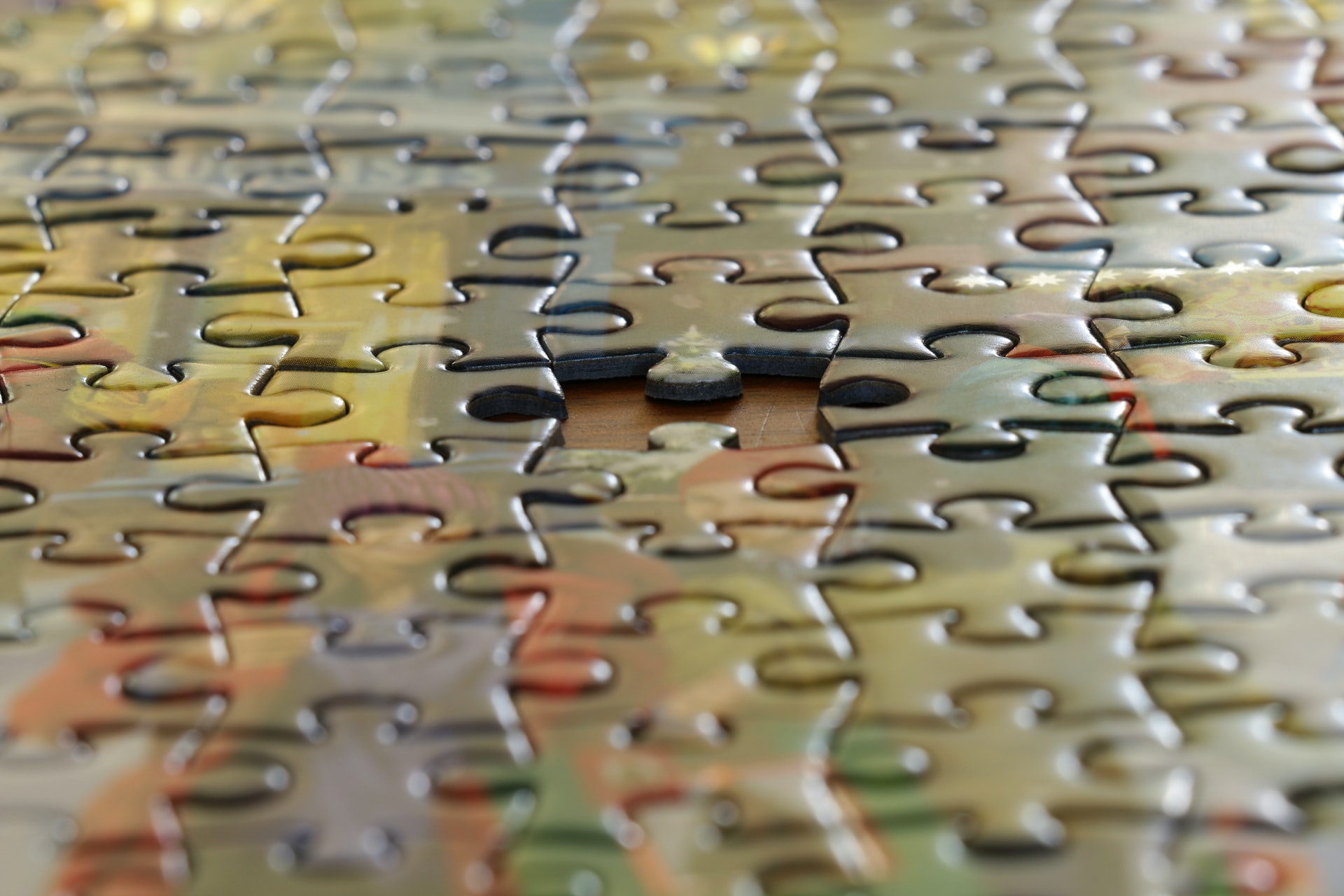Improve your dexterity using Jigsaw Puzzles
What do you consider is the single most useful skill for solving jigsaws? Perhaps, the brain’s activity! The second one would be your eyesight. And, there is an undersung body part – your hands.
We use our hands on a daily basis for everything. It is a reflex for us. We use our hands to text, write, cook, hold, carry, handshakes, scrolls, etc.
All these movements come naturally to us because we have been doing this for years. However, while doing this, we don’t realise how tired our hands get. So when they start hurting, we crack, squeeze and shake them, unintentionally harming them.
For a puzzler, their fingers and hands are one of the two most important assets, the other being the eyes. Since jigsaw puzzles involve intense hand-eye coordination, we should take care of them properly. Looking for an interesting jigsaw Australia has many options, but you deserve the best.
Puzzles Australia is bringing Australia closer to brain teaser games. Click on the link ahead for exciting jigsaw puzzles in Australia.
What is Dexterity?
Dexterity is the technical name for the coordination between the small muscles in the hands. The process originates from the brain’s primary motor cortex and ends up in the physical motor movement we see.
Dexterity is what separates us from other species. No other animal can use their fingers the way humans can use their hands and fingers. This is the result of centuries of evolution.
As natural and evolved dexterity is, it can easily be lost. Our hands can lose dexterity to age, accidents, strokes, and illness. This could be depressing for a puzzler.
If you love solving jigsaw puzzles, here are seven tips that can help you increase dexterity:
- Warm-up: Before starting any hand-related exercises or puzzles, warm up your hands. You can use the following exercise to warm-up:
- Rub your hands together, generating heat and improving blood circulation.
- Use a warm towel to increase blood circulation.
- Try using a soft heating pad to warm up your hands.
- Moisturise/ oil your hands to hydrate them
- Get a Squeeze Ball: Squeeze balls are small foam balls available in various sizes. Get one of these balls for light squeeze practices. Hold them for 5-10 seconds in each fist. Do this 10-15 times for each of the hands. You can practice this 3-4 times a week to improve the movements of your hands.
- Form fists: Another cheap and simple way to exercise your hands are forming fists. Make gentle fists with your hands to improve dexterity. Do this 10-15 times in one seating and 3-4 times a week.
- Lifting your fingers: Place your hands flat on a table. Lift the fingers of the left hand first, hold them for 3-5 seconds, and then repeat this for the right hand. This helps stretch the fingers and release any tension in them. It also helps increase flexibility.
- Wrist rotation: Bring your hands in front of you, at shoulder level. Form fists and start rotating them clockwise. Do this 10-20 times and then rotate them anti-clockwise.
- Moisturising: Regularly massaging your fingers and palms with moisturiser and heated oil help increase blood circulation.
- Try hand-focused yoga: Performing selective yoga asanas for hands and fingers can help improve dexterity. Try the upward plank pose, downward-facing dog pose, and crow pose for improving strength.
Regularly performing these exercises can be very helpful for people who love solving puzzles. These exercises help build brain plasticity and dexterity.
Puzzlers should be mindful of their hand movements and care about their hands. With the passage of time, your hands can get weary and tired of all the things that they do, so take care of them while you can.
What should you not do to harm your hands?
- Cracking your fingers: Cracking fingers can do more harm than good. While it feels very relaxing in the beginning, cracking your fingers can cause you to lose your dexterity.
- Extreme workouts and unprotected punches: Many people practice boxing on punching bags; doing this without gloves could harm the joints in the fingers and, therefore, should be avoided.
- Scrolling endlessly: Scrolling through social media applications for extended periods can negatively affect your wrist and fingers. Avoid scrolling for an extended period of time.
Key takeaway
Dexterity is something that can be lost and regained again. It is a complex command that our brain generates that helps us move our fingers. Dexterity is an extremely important function of our body, yet taken for granted. Puzzlers must maintain their hands’ dexterity to ensure that they can solve puzzles fast and stably.

